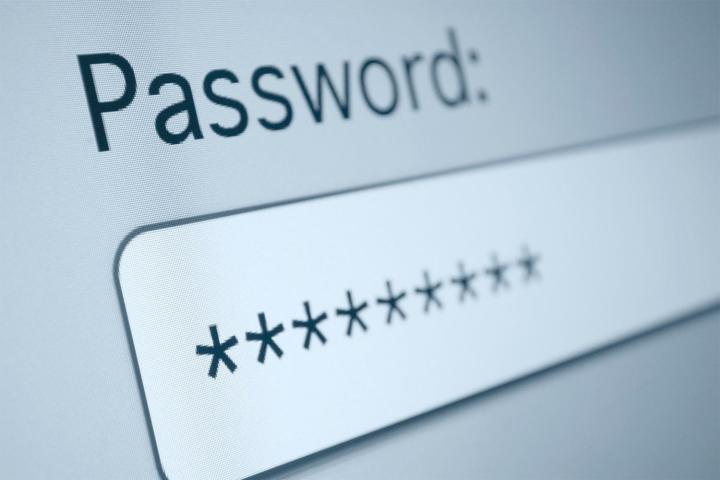
The National Strategy for Trusted Identities in Cyberspace (NSTIC), which seeks to establish an online ID program that Americans can use for several government services, is rolling out in two U.S. states after staying dormant for three years.
The program, which will conduct pilot testing in Michigan and Pennsylvania starting next month, has continually raised privacy concerns since it was first announced. The online ID proposed for the program has been dubbed the “driver’s license for the Internet.” It seeks to provide people with an easy way to prove who they are online, allowing government agencies to offer faster and more secure services.
“The National Strategy for Trusted Identities in Cyberspace charts a course for the public and private sectors to collaborate to raise the level of trust associated with the identities of individuals, organizations, networks, services, and devices involved in online transactions,” the White House plan reads.
In Michigan, the state’s Department of Human Services will conduct the pilot test in connection with the Bridges program, an eligibility system for online registration of citizens applying for public assistance. With the NSTIC in place, the state will stop requiring all public assistance applicants from appearing in person for identity verification.
In Pennsylvania, the NSTIC will provide residents with new IDs for conducting online transactions with government agencies such as the Public Welfare and Health departments. People would only need to sign up once for the program.
While the pilot tests only involves government agencies, the plan is to expand beyond, with the ID system becoming a requirement for most kinds of online transactions. “The private sector will lead the development of this Identity ecosystem, and it will own and operate the vast majority of the services within it. The Identity Ecosystem should be market-driven, and it should provide a foundation for the development of new and innovative services,” the White House said.
Not surprisingly, such a wide-reaching plan has raised concerns among privacy groups. In response to the release of the program’s first draft, the ACLU said: “While there are certainly many security problems on the Internet, the world is getting along fine without an online identity “ecosystem” and nothing should be considered that threatens these values. Certainly anything that resembles a national identity system or a ‘driver’s license for the Internet’ must be vehemently opposed.”
Why this is being pushed now, while people are becoming increasingly wary of NSA surveillance, is anybody’s guess. However, this doesn’t come as much of a surprise since the government continually stumbles when it comes to Internet PR.


